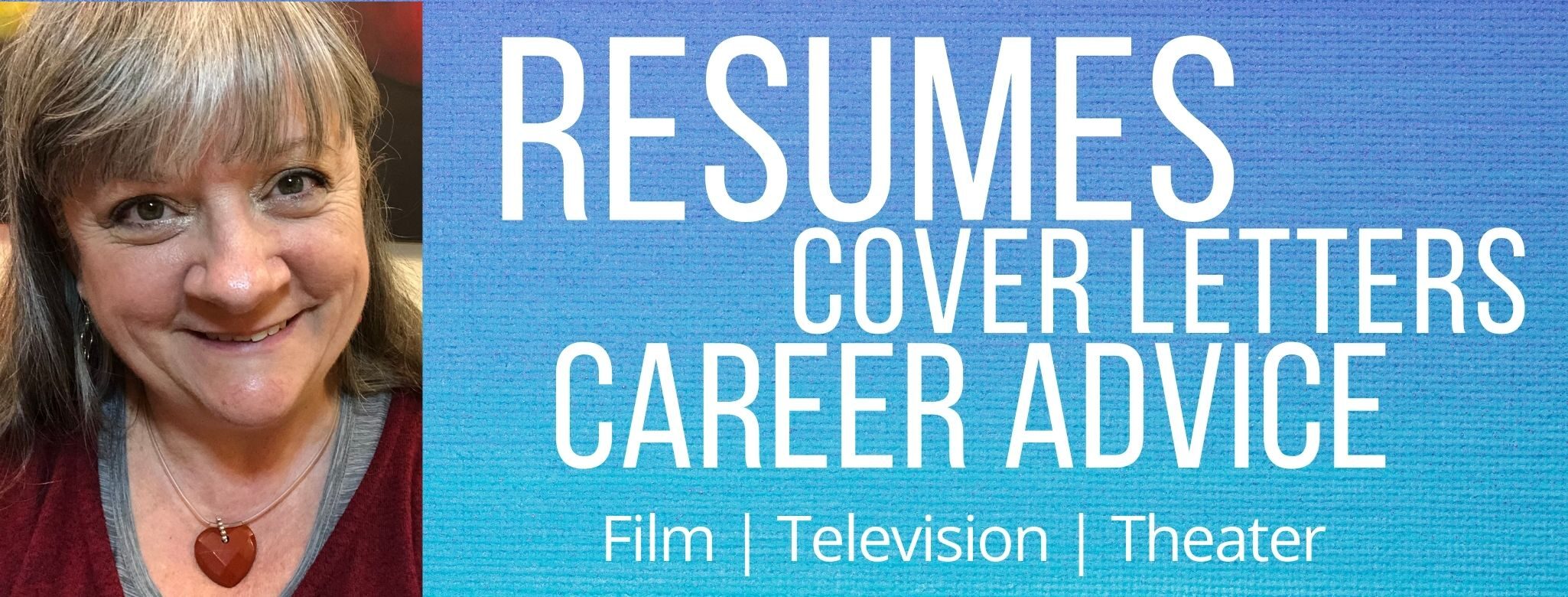
Every professional that I have interviewed has said something about persistence. I’ve made it my word of the year, to keep myself motivated. It is important to keep on working towards your career goals. Right there is the first trick to staying motivated – have real actionable goals. One question I ask my clients is “Where do you see yourself in 5 years, 10 years, 20 years?” Understanding your process as part of a longer-term strategy, and reminding yourself of your goals, can help spark your motivation when things feel like they are taking too long.
One of my clients told me a story about how he found his first job in the business. He set himself the task of cold calling 100 productions – he got invited in for an interview on the 45th call and got the job. So, he collected 44 “no’s”. Every no is one step closer to the hirer that will say yes.
Another aspect of staying motivated is to have realistic expectations. It is not a question of “never” giving up or changing course in your life, but of having an accurate understanding of how long it can take to find the right job, the right fit, that will move you towards your career. Here are some interesting stats: It can take one month per $10,000 salary requirement to find a job, assuming you are looking seriously. (Source.) The average is going to be six months for relatively entry level gigs with corporate job advertisers. Companies also take longer to hire people than you would think – typically about three months. (Source.) If you think about it, once a project has been green lit and moves from development into preparation and pre-production, then gearing up to start hiring crew can certainly take even longer than that. It can take a while to get hired, but it will certainly take longer if you become discouraged and walk back your efforts.
In Chapter 8 of my book, Work in Production Part One: How to format your resume to start or upgrade your career in film and television production, I discuss finding job leads. The truth is that if you are looking for full time work, you should spend 35-40 hours a week in job hunting activities. Here’s a brief excerpt:
“If you are not employed, you should consider finding work your full-time job. You should spend close to 40 hours a week in job search related activities. You will see that not all of these are in the 9-5 business hours, just like film work! These include:
-
Network!
- Go to industry networking events
- Organize and manage your calendar – keep records of your expenses for your tax return
- Call or email your colleagues and past work buddies just to keep in touch
- Contribute to discussions on relevant networking groups, and comment on blog posts, such as those on LinkedIn, Facebook, Stage 32, ProductionHUB, or other individuals’ blogs
- Go to industry networking events
-
Keep your resume up to date and updated on all your online sites
- Update your online portfolio, if relevant
- Update your online portfolio, if relevant
- Edit/update your reel and post it
-
Send applications to relevant jobs from job boards and listings
- Research the companies that are hiring, and the individuals that work there
- Customize your resume and cover letter to these listings
- Research the companies that are hiring, and the individuals that work there
- Cold call productions from production listings
- Follow up on sent resumes
- Read the trades and keep abreast of current and new trends in the business
- Practice your interview skills and answers to likely questions
- Prep your personal presentation for interviews
Other useful ways to spend your work time between gigs include:
-
Keep up with your writing and project development ideas
- Meet with your creative writers’ support group, or other peer support group
- Meet with your creative writers’ support group, or other peer support group
-
Professional development
- Take classes related to your craft
- Read, and/or watch videos about it
- Take classes related to your craft
- Read scripts, including classic ones
- Read biographies of people you admire and hope to emulate
- Study the history of film and television (yes, really!!)
- Make short films, including with your smart phone
- Volunteer with an industry organization or local film festival – although be aware that this might require a commitment that could prevent you being available for a gig
-
Watch movies and TV shows – with a critical eye
- Do this last! Don’t use this activity as an excuse to procrastinate the more prosaic but essential tasks
- Write film reviews and critiques on your blog or other sites”
- Do this last! Don’t use this activity as an excuse to procrastinate the more prosaic but essential tasks
One of the points here is that are so many fun parts to job searching – for extroverts meeting new people, for introverts researching and online reading, for everyone in this business watching films! If you are feeling discouraged, try changing up your activity today. Maybe that will help. One thing that always refreshes my spirit is taking a walk around my neighborhood. Try visiting an art gallery. If all else fails, go see a movie.
What if you are sending out lots of resumes, but are not getting calls for interviews?
It could mean that you need to do more networking. Remember that a personal referral will always overcome a poorly formatted resume every time. People more often hire people they know, even if in part it is because they know their shortcomings. Be sure that you have reasonable expectations for the gig to which you are applying. Sometimes people graduate from film school with the belief that they deserve a chance at a high level position, or are so focused on telling people about their ambitions that they forget that the person is looking for a PA. Make sure that you are not inadvertently giving people the impression that you are too good for the entry level job. “Listen more than you speak” is always a good principle in networking.
Perhaps you need a shorter or clearer elevator pitch. Listen to other people’s – make sure yours isn’t rambling or unfocused. Practice.
Make sure that you are not sending out a “kitchen sink” resume. Focus and customize your resumes and cover letters.
Are you calling to follow up on a sent application?
After interviewing, are you not getting called back or being offered the gig?
In this situation, you can only control what you can control, not other aspects.
You CAN’T control the other people who are networking and applying to the same gigs, who the hirer already knows, or how qualified other people might be for the same position. Sometimes companies are required to list job vacancies by policy or law, even though they already have a preferred candidate.
You CAN’T control the waxing and waning of production slates over the course of the year. There will always be less new work around the holidays. TV series go on hiatus and stars make features. Pilot season is busy. Production is increasingly moving to regional areas, even though the impetus and creative ideation is still primarily in LA and NY. The way streaming services will change the timings on seasons and releases is still to be determined.
You CAN control your own presentation in job interviews. Always prepare. Research the company and the people involved, keep on networking, and practice the answers to questions that are typically asked in interviews. Practice with a trusted friend and make sure that you are not inadvertently giving off a poor attitude or doing unconscious things physically that are off-putting.
Follow up with the people that you met in your interview – you should send a note thanking them for their time even before you have heard their decision, but if you felt it went well but you weren’t hired, send them another thank you note, asking them to keep you in mind should anything else come up. If you meet them again at a networking event, make sure you are pleasant and smile. Chances are they will apologize for not hiring you (being polite) and you can say something about some time in the future and express hope that the project is going well. It is rare that people will give you feedback, but be grateful if they do, and listen to it. Even if you feel defensive, take the criticism in and sit with it for a while. Thank them for “giving you something to consider.” Never burn bridges. Never display your resentments.
Double-check your social media – make sure there is not stuff in your past that is hurting you professionally.
You CAN also control your expectations. If you are consistently applying to jobs for which you lack qualifications, that could be why you aren’t getting the offers. Realistically consider how your resume appears to others. Fix it if it is badly formatted.
Focus on what you can control. Keep doing all the things on the list. Make calls. Target your job search. Go to events. Volunteer for festivals or film related non-profit groups. And keep networking.
Good luck with your job search.

